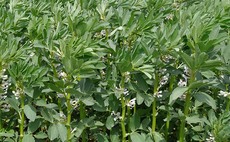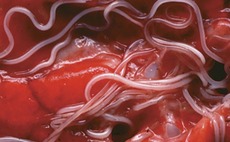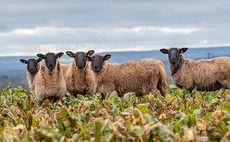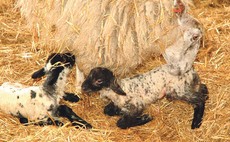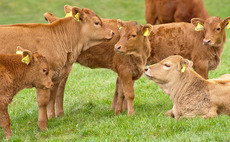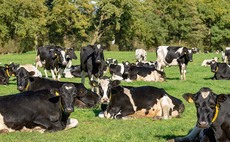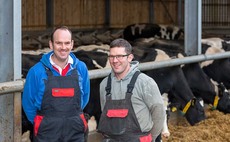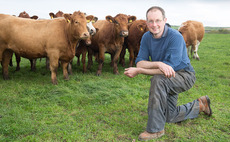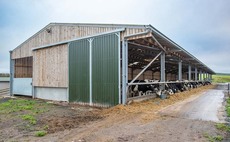Nutrition
Livestock
Serious livestock accidents and illness can, and do, happen. So what should producers do in emergency situations to secure the best possible outcome for the animal? Olivia Cooper finds out.
Livestock
With input costs skyrocketing, looking at alternative home-grown protein sources could help bolster ruminant rations while reducing the reliance on purchased feeds. �������� Guardian reports.
Livestock
While many farmers perceive lungworm in cattle to be an autumn disease – simply because the tell-tale cough from husk tends to peak late in the grazing season – the reality is early spring is the time to be thinking about better disease control, says vet Emily Linton.
Livestock
Fodder beet could be an attractive alternative to costly bought-in feeds, says Mark Snell who grows the crop to use for his own livestock business and also to sell to other farmers.
Livestock
In what is thought to be the largest recorded data-set for sheep colostrum collected under commercial farming conditions, a new study has emphasised the importance of a good diet in late pregnancy and its link with colostrum quality.
Livestock
According to the Control of Worms Sustainably (COWS) group, vaccinating calves before turnout can protect them against lungworm and reduce economic losses from ill-health.
Livestock
Findings from the grass monitoring project, GrassCheckGB, and updates on specific grassland research were discussed at a recent webinar. Angela Calvert and Katie Jones report.
Livestock
By focusing on their dry cow management, the Lawrie family has achieved significant improvements in the health and productivity of their dairy herd.
Livestock
A Yorkshire suckler beef farmer has increased his weaning percentage by 5 per cent by focusing on dry cow nutrition and its impact on colostrum quality.
Livestock
Optimising cow condition through correct nutrition was the subject of a recent webinar hosted by trace element specialist Agrimin.

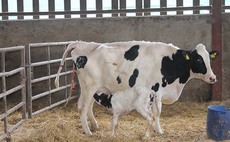
 15 March 2022
•
6 min read
15 March 2022
•
6 min read
